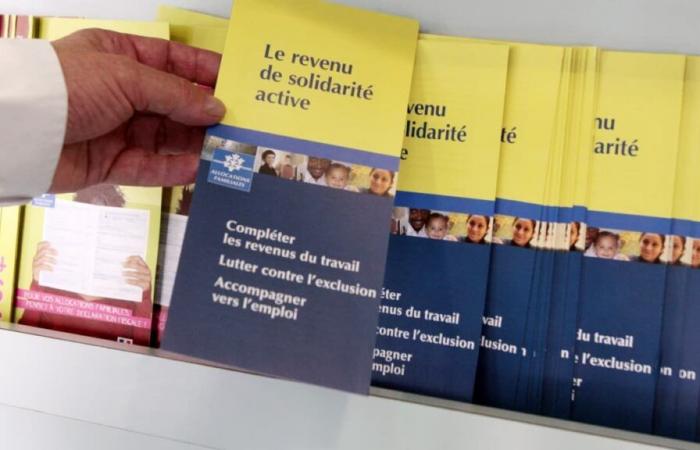The president of the department, Christian Poiret, tightened the rules in force at the end of October. He wrote to Emmanuel Macron and Michel Barnier to go even further.
The rules are getting tougher in the North. Since the end of October, the 90,000 beneficiaries of active solidarity income (RSA) in the department can see their allowance reduced in the event of unjustified absence at a summons.
Up to 80% of the 635 euros received by a single person can now be cut. Before this measure, beneficiaries who did not respond to invitations risked a 100 euro penalty.
Christian Poiret, the various right-wing president of the departmental council, simply ensures that he acts within the framework of what the law allows him. He would like to be able to push the cursor a little further.
The opposition is winding down
For this, reports La Voix du Nord, the elected official wrote to Emmanuel Macron and Michel Barnier. The person concerned needs the consent of the President of the Republic and the Prime Minister to obtain total management – on an experimental basis – of the RSA.
“Today, if a beneficiary returns to the circuit, we are obliged to resume payment of his allowance and even to reimburse what we did not give as a sanction. It’s too easy,” complains Christian Poiret with our colleagues. “If you're doing well, you're not in trouble. I want to come back to that.”
The opposition to the department council, in particular the egologists, are outraged by this hardening and criticize the stigmatization of RSA beneficiaries.
A tense budgetary context
These cuts in social benefit payments take place in a tense budgetary context. If the government does not reverse the cuts planned for 2025, the departments led by the center and the right, like the North, threaten to suspend the payment of the RSA and to stop taking care of new unaccompanied minors (UMA) .
The finance bill includes an effort of five billion euros for communities. But, according to Departments of France, these territories are the stratum of communities most affected, with 44% of the effort, or 2.2 billion euros, even though their economic situation is recognized as fragile.
The departments are calling on the government to review its copy by abandoning the planned levy on operating revenues and freezing the VAT dynamic.
Florian Bouhot with AFP Journalist BFM Régions






